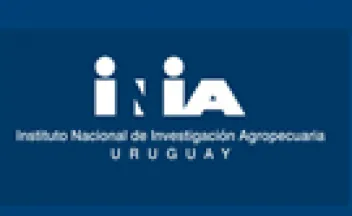Seasonal Dynamics of the Honey Bee Gut Microbiota in Colonies Under Subtropical Climate: Seasonal Dynamics of Honey Bee Gut Microbiota.

Abstract:Honey bees (Apis mellifera) provide invaluable benefts for food production and maintenance of biodiversity of natural environments through pollination. They are widely spread across the world, being adapted to diferent climatic conditions. To survive the winter in cold temperate regions, honey bees developed diferent strategies including storage of honey and pollen, confnement of individuals during the winter, and an annual cycle of colony growth and reproduction.
